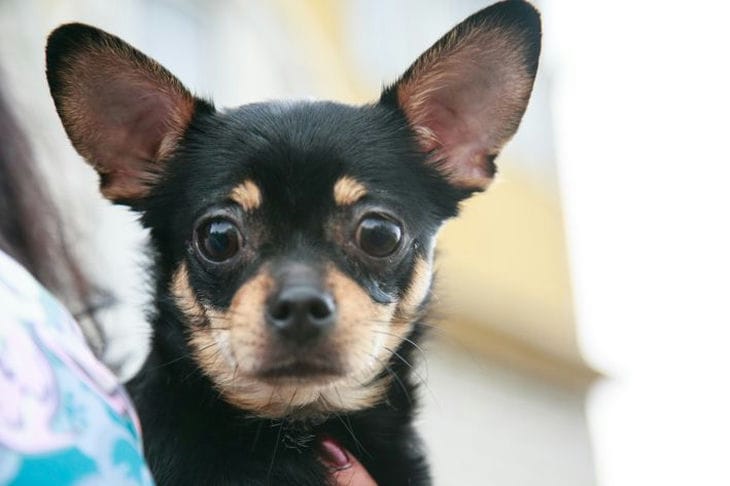Which Dog Breed Is the Cleanest: Cynologists Reveal Secrets
Choosing a dog breed is an important decision for the future owner.
One of the key factors when choosing a pet is its cleanliness.
Some dog breeds are naturally neater and less likely to get dirty, making them easier to care for and more comfortable to live with.
Factors Affecting Dog Cleanliness
A dog's cleanliness depends on several factors: the length and type of fur, its tendency to shed, its body structure and behavioral characteristics.
Short-haired breeds are generally considered cleaner because they collect less dirt and are easier to groom.

Breeds with minimal odor
Some dog breeds have virtually no characteristic "doggy" odor. These include Basenjis, Whippets, and Greenland dogs.
These breeds are ideal for people who are sensitive to smells or who prefer minimal grooming.
Hypoallergenic breeds
Dogs that shed minimally and produce fewer allergens are often considered cleaner.
These breeds include poodles, bichon frises, and Maltese. Not only are these dogs less likely to shed hair around the house, but they are also suitable for people with allergies.
Breeds with self-cleaning coats
Some dog breeds have coats that naturally repel dirt.
For example, Chow Chows and Samoyeds are known for their ability to stay clean even after walks in adverse weather conditions. Their fur has a special structure that prevents dirt and moisture from penetrating.
Compact breeds for apartments
Small dog breeds such as Chihuahuas, Yorkshire Terriers, and Toy Poodles are often considered clean dogs due to their small size.
They leave less hair and dirt in the house and are also easier to house train.
Breeds with high intelligence
Smart dog breeds such as border collies, poodles, and German shepherds are easier to train and learn hygiene faster. They tend to be self-sufficient and have a better sense of where to relieve themselves.
The Influence of Education on Cleanliness
It is important to note that a dog's cleanliness largely depends on its upbringing and care. Even breeds considered less clean can become exemplary pets with proper training and regular care.
Care for purebreds
Despite the natural cleanliness of some breeds, all dogs need regular grooming. This includes brushing, bathing, cleaning teeth and ears. Regular grooming not only keeps the pet clean, but also strengthens the bond between dog and owner.
Choosing a Breed Based on Lifestyle
When choosing a clean dog breed, it is important to consider not only its natural inclinations, but also your own lifestyle. Active people will benefit from energetic breeds that love walks and are not afraid of water, while calm and small breeds are the ideal choice for apartment dwellers.
